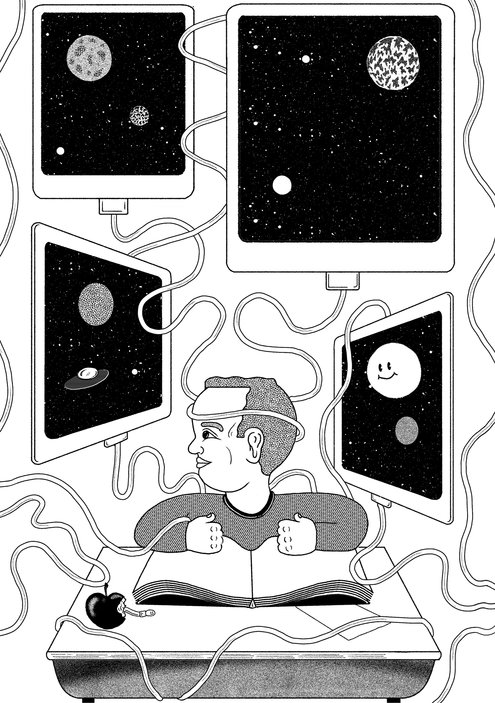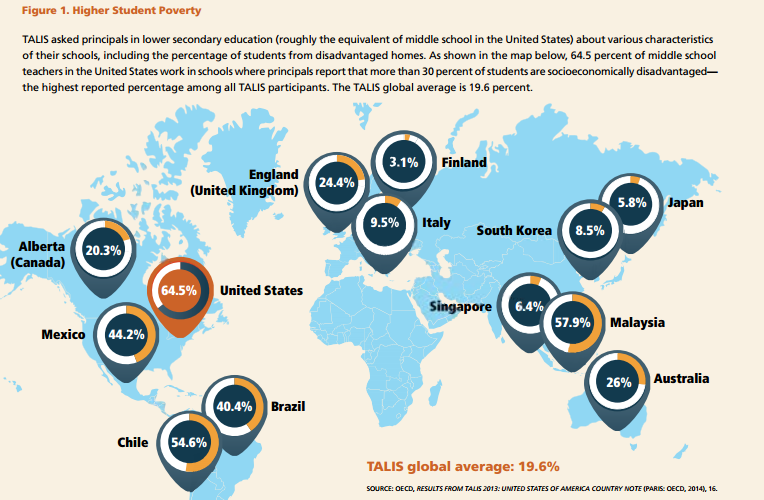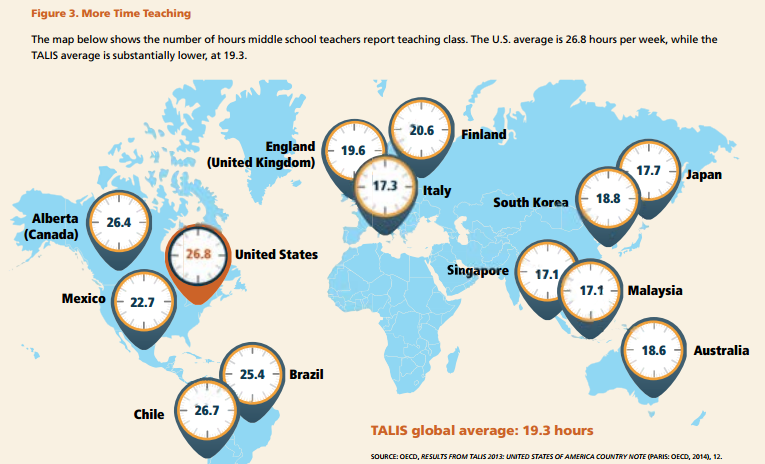https://www.newyorker.com/magazine/2021/03/29/what-data-cant-do
Once a useful number becomes a measure of success, it ceases to be a useful number. This is known as Goodhart’s law, and it reminds us that the human world can move once you start to measure it.
We might be interested in whether our children are getting a good education, but it’s very hard to pin down exactly what we mean by “good.” Instead, we tend to ask a related and easier question: How well do students perform when examined on some corpus of fact? And so we get the much lamented “teach to the test” syndrome.
Textile factories were required to produce quantities of fabric that were specified by length, and so looms were adjusted to make long, narrow strips. Uzbek cotton pickers, judged on the weight of their harvest, would soak their cotton in water to make it heavier. Similarly, when America’s first transcontinental railroad was built, in the eighteen-sixties, companies were paid per mile of track. So a section outside Omaha, Nebraska, was laid down in a wide arc, rather than a straight line.
For that matter, think about our use of G.D.P. to indicate a country’s economic well-being. By that metric, a schoolteacher could contribute more to a nation’s economic success by assaulting a student and being sent to a high-security prison than by educating the student, owing to all the labor that the teacher’s incarceration would create.






